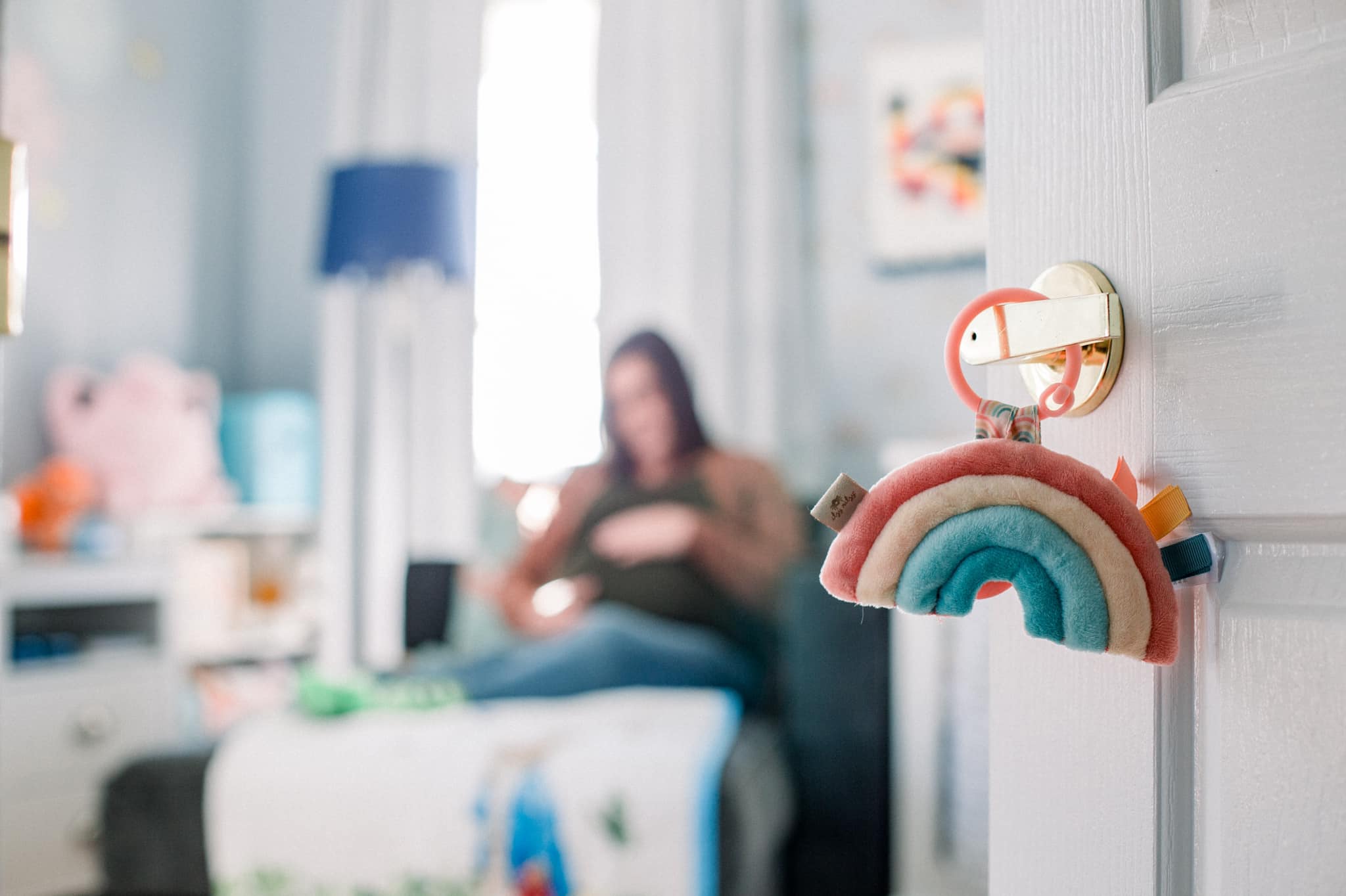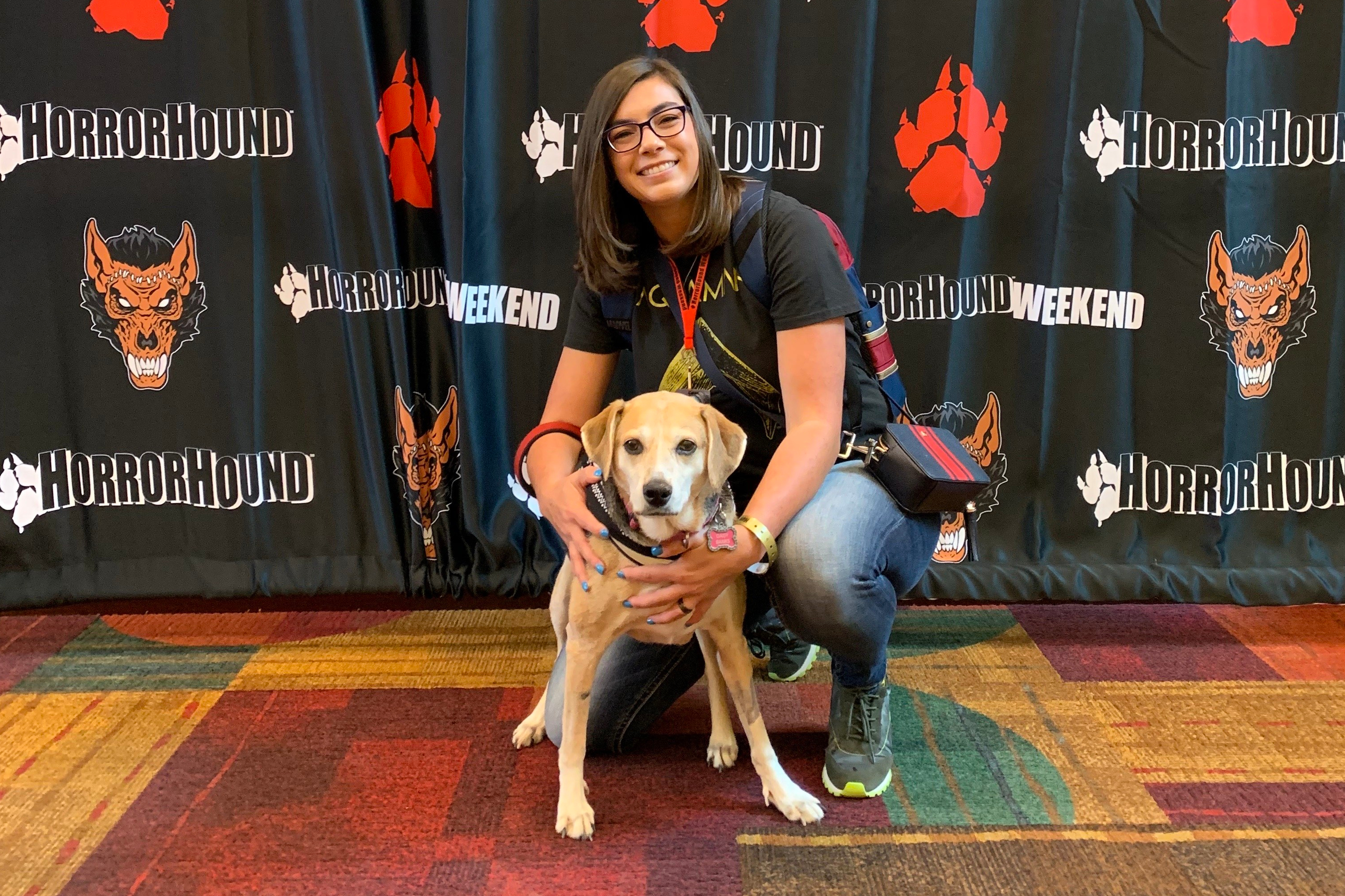Mental illness can be tough. Becoming socially isolated as a result of mental illness is far too easy. Depression can cause us to push people away. Anxiety can cause us to doubt ourselves and our interactions. Agoraphobia can keep us inside our homes. Skin-picking can make us embarrassed to be seen. Mental illness can isolate us physically and socially. I’m speaking from personal experience, and this isolation isn’t limited to the examples I’ve listed. Isolation impacts many of us for a variety of reasons.
Socializing Again
Beginning to socialize again after isolation can be equally as tough. Stepping back into the world can seem overwhelming. Whether we’ve been isolated for days, weeks, months, or years it’s all difficult. There are many skills we get out of touch with, there are mental muscles we haven’t exercised in a while, plus there is the initial shock of socializing itself. Sometimes we don’t begin socializing again until we are ready. Other times our socialization might be slightly forced due to an obligation or event we want to attend. Nevertheless, it’s all difficult.
My Strategies
Socializing takes a great deal of energy and it can be exhausting. I have some strategies that I use when it’s time for me to begin socializing again. I want to share ten of them with you. Keep in mind, these are my strategies, they are not universal.
Select people I am comfortable with
Being picky about who I expose myself to after isolation is extremely important. I prefer to select people who are supportive, kind, and/or understanding of my mental illness. I work to remember that I’m in control of who I expose myself to after isolation. I have the power to make healthy choices for my mental health. I like to start small and give myself an easy win. I prefer doing small activities with one person or a very small group until I can become socially acclimated again. Exposing myself to the wrong people or going straight into a large and mentally draining social event could be extremely overwhelming. I start small in the company of people I’m comfortable with.
Select a location I am comfortable with
I like picking a public location that I am comfortable visiting. I enjoy the local bookstore, the local cinema, and a few of the smaller restaurants in my town. It helps prevent sensory overload while I’m out socializing. When I start stepping back into the world I always suggest meeting friends for a cup of coffee or for a film at the cinema. Going to a new place after isolation can be extremely overwhelming. I like to start with an easy win at a location I know well.
Invite someone to my home so I don’t spend energy traveling
Sometimes leaving the house can be the hardest part. Venturing back out into the world can be really scary. Chores like showering, getting dressed to go out, driving, parking, etc… can feel extremely overwhelming. When I’m ready to begin socializing again I often invite a person to my home for coffee or small talk until I can adjust enough to venture out. This allows me to socialize within the comfort of my home. I can control the environment and I don’t have to use energy traveling.
Practice talking to people in businesses
This may seem silly, but it works. Sometimes I isolate myself for so long that I forget how to hold a conversation. Even small talk can seem overwhelming. Visiting places like the local bookstore or cinema are amazing practice for me. It’s like a test drive with no social pressure. A small conversation about a book or film is perfect practice and a nice confidence boost. I also use this strategy if I have a large or emotionally draining event coming up, like a comic book convention or a dinner. It allows me to ease back into socializing in public before the event.
Plan an activity
Sometimes the pressure to hold a conversation can be sincerely intimidating. While isolated I get out of practice. Socializing is not like riding a bike. I forget how to hold a pleasant conversation. Often I talk far too much because I’m anxious. Other times I don’t talk enough because I’m devoid of energy. Therefore, having an activity planned can be a gigantic relief. It takes a lot of the pressure away. Activities can be simple, like; putting together a puzzle at home, looking for books at the local bookstore, going to a film at the cinema, playing a board game, shopping for a gift, etc… The point is this – the activity takes focus away from constant conversation.
Know how to answer “how have you been?”
Oftentimes, I get put on the spot with questions like “where have you been?” and “how have you been?” or comments like “you haven’t been around in a while!”. Most of the time people are being genuine and don’t mean to put me on the spot. Nevertheless, these statements can create an awkward and uncomfortable situation. I typically dread being asked these questions. I help myself by preparing an answer in advance. Sometimes I even practice saying it. My answers vary depending on who I’m taking to and what they are capable of understanding. For instance, someone might ask “where have you been lately?” so I reply “I’ve been home. I was struggling with depression for a bit, but I’m feeling much better now”. Although, if someone doesn’t understand depression/mental illness I say something like, “I was unwell for a bit and stayed home, but I’m feeling much better now”. I then attempt to change the subject. Changing the subject is sometimes my best friend. I typically use television or films to change the subject; “oh yea, have you seen the latest episode of [name show they probably watch] yet?”. It works 90% of the time.
Set a time limit to save energy
I use time limits when I start attending larger events or gatherings. Before the event I select a time to take a break or leave. This helps me preserve energy and keeps me from becoming overwhelmed. All of my reasons are 100% truthful. I’m simply honest with people about what I need. Sometimes I make things funny – as a personal coping mechanism – but I’m still completely honest. For instance, I might say, “I’m feeling a tad overwhelmed, if you need me I’ll be in the hall ranking Ryan Reynolds’ films in my head.” Some other departure and break reasons are; “I’m going to step out and play on my phone for a bit”, “I’m feeling overwhelmed, I would like to step out and sit alone for a while”, “I’m going to see if my service dog needs to use the restroom” and “I need to go home now, a show I watch is about to come on television”. Also, over the years I’ve taught myself that leaving early is absolutely okay. It’s actually pretty awesome.
I don’t compare myself to others
I often look around and find myself surrounded by seemingly happy, socially capable, and confidently beautiful people. I watch other people breeze through life with elegance and grace. This can make me feel like I’m not good enough. Over the years I’ve learned to stop comparing myself to other people. First off, we never really know what’s real anymore. Second, we are all good enough – that includes me. We are all facing challenges, we all have successes and failures, we are all gloriously different. We shouldn’t compare ourselves to each other. I’m doing the best I can, and that’s enough.
Have talking points ready
Conversation starters and talking points can be awesome. Before socializing I think of a few fun and current topics that I’m comfortable talking about; new films, books that are becoming films, recipes I’ve tried or want to try, and popular television shows are a few examples. This allows me to select topics that I’m comfortable discussing, thus avoiding awkward silences and uncomfortable topics. It also allows me to feel like I have something to contribute to conversation, which helps a lot with my self-confidence. Also, if I don’t have much to say about my own life, I use this opportunity to ask about others.
Wear clothes that I feel comfortable in
I’m extremely self-conscious when I begin socializing again. When I’m alone I behave differently. We probably all do to some extent. But when I’m isolated for a long period of time I become extremely unsociable. Everything changes when I’m isolated; the way I sit, the way I dress, the way I carry my body when I walk, even the way I hold a cup of coffee. When it’s time to step back into the world I have to relearn basic social and spatial awareness skills that I’ve forgotten. I can’t relearn all of it overnight, but I can wear clothes that make me feel comfortable and confident. The clothes can make up for a lot of my insecurities.
I hope you can do it
Please keep in mind – the strategies listed in this post are mine, they are not universal. We are all gloriously different so my strategies might not work for you. Although I sincerely hope some of them do. Socializing again after isolation can seem overwhelming. Take care of yourself. Take things slow. I hope you are able to step back into the world when you’re ready. I hope you are met with kindness. Kindness from others. Kindness towards yourself. I hope the world is kind to you. I hope kindness fills you with self-love and joy. I hope you are filled with so much kindness that it helps you through the tough days. That it can light your path when there is darkness. I hope you can be kind to yourself even when it’s excruciatingly tough. I hope you can love yourself. That’s my sincere hope for you. Kindness. So much kindness. You are worth it.
Curtain call
You may be wondering why I’m sharing such intimate information. I share because someone like me might read this, and I want them to know that they are not alone. If you are like me, and you are reading this — please remember, you are not alone.
Do you have your own strategies? If so, please share them with me in the comments.
Sincerely, Elizabeth
Uncustomary Housewife



Leave a Reply to aintnoatlasCancel reply